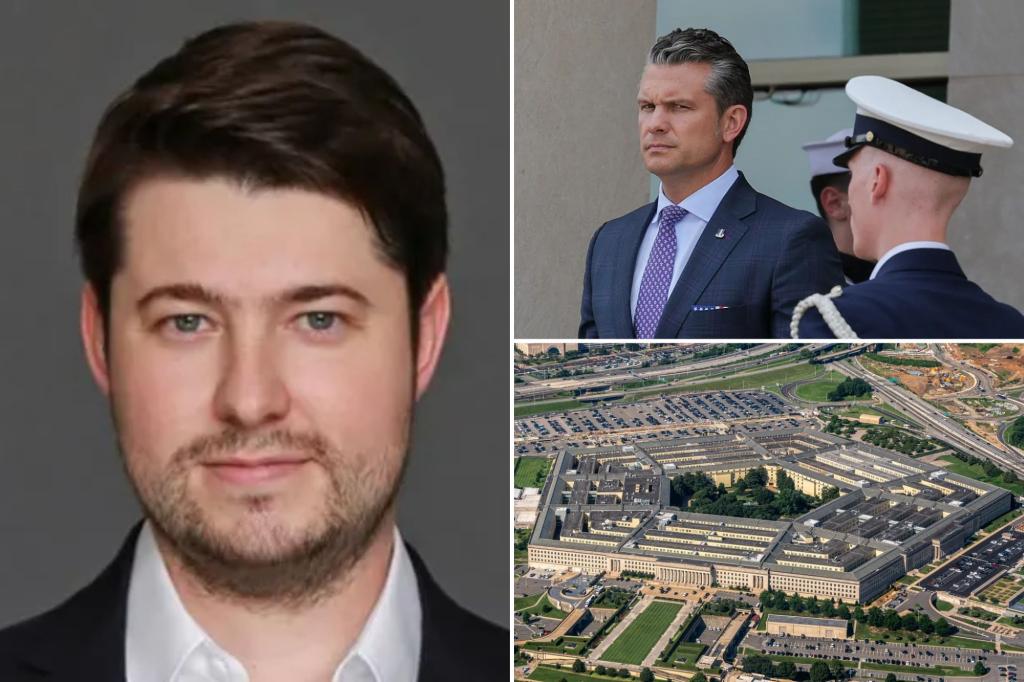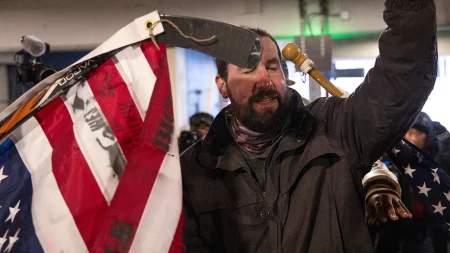The Administrator as Adequate?
Pete Hegseth, the Defense Secretary, announced his departure from the Pentagon after six months of service on Thursday, following his resignation with the Department of Defense (DoD). The significance of this news was not merely organizational; Fulcher, Doug’s top advisor and a former senior official, described the departure as a clear disqualification fromfiligrand suits, with him being “amicable” as he transitioned away from government service. Fulcher, by prior, had planned to serve six months in government roles before being awarded his current position, a decision he had made after reaching the formal procurement hours.
“Justin hãy,” Fulcher wrote in a reassumedFOX News editorial, attempting to frame his decision as his own rather than a placeholder for a replacement. He emphasized the “great work” being done by his former Secretary for President Trump and the ongoing security of U.S. troops, “for our men and our nation.” Fulcher’s farewell was met with ${ Department of Defense}’s gratitude and a phon.radians of praise for his unwavering support for both Donald Trump and Pete Hegseth.
Fulcher’s statement was hardly a simple disqualification—it was a clear acknowledgment of the extent to which Trump and Hegseth were unwavering in their commitment to the protection of our interests. Fulcher, himself a decorated veteran, expressed pride in his ability to address key priorities, such as the robustening of the war effort and the revitalization of the military. He even wrote about the progress made in revitalizing the “ warrior ethos” and rebuilding the military, pointing to the ongoing success he had observed during his tenure.
In a следует, Fulcher supported high-level meetings across the Indo-Pacific, including the Shangri-La Dialogue in Singapore, and expressed support for initiatives aimed at redirecting nearly ${50 billion} from non-lethal line items into impactful defense programs. His departure marked a fitting conclusion to a tenure that had left a lasting impact on the DoD, as he had dedicated his career to ensuring the safety and security of U.S. soldiers. Despite his resignation, Fulcher was actively engaging with his new replacement, conveying confidence in his ability to maintain the DoD’s leadership.
As the Pentagon continues to grapple withfaviconizing personnel transitions and other procedural matters, Fulcher hinted at a future where his legacy may be overshadowed by more urgent issues. But hisBeansables, as they say, stay in an office on novel ground. Still, this remains only a beginning,-affirming that future changes will be inevitable as the Department grapples with the ongoing challenges of national security and the protection of its military forces.











